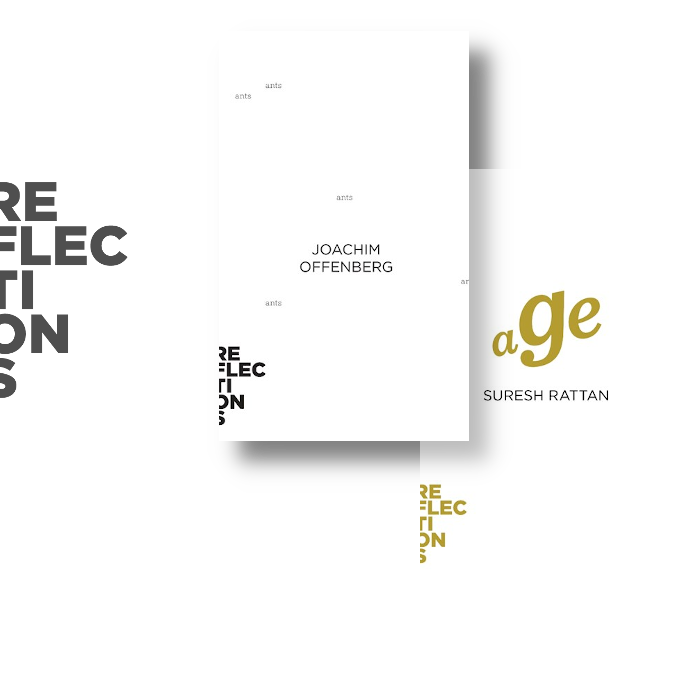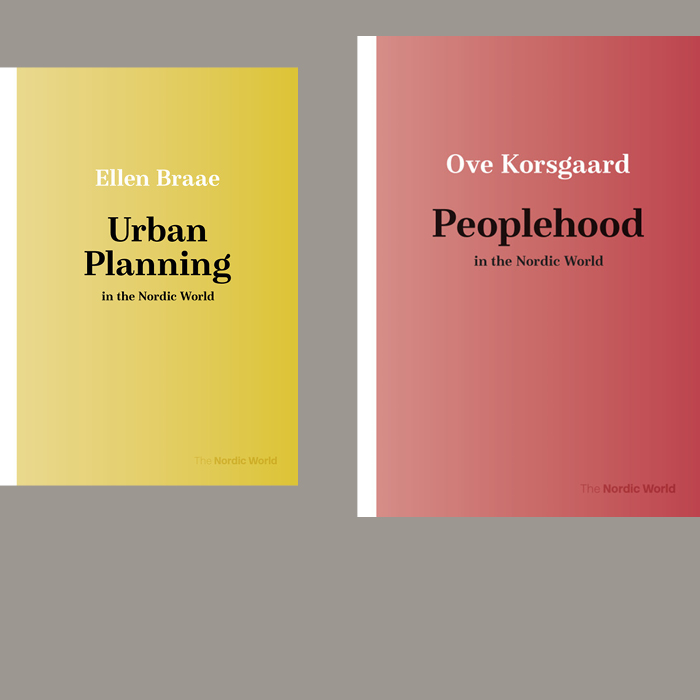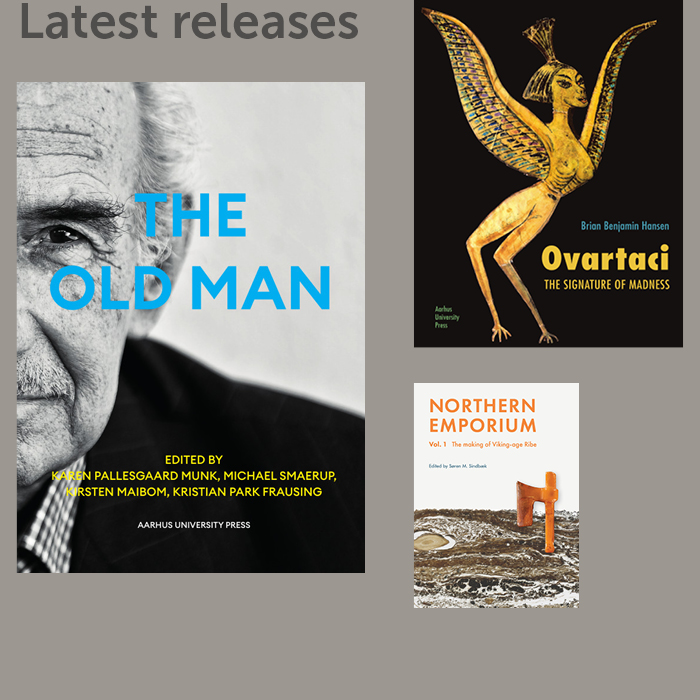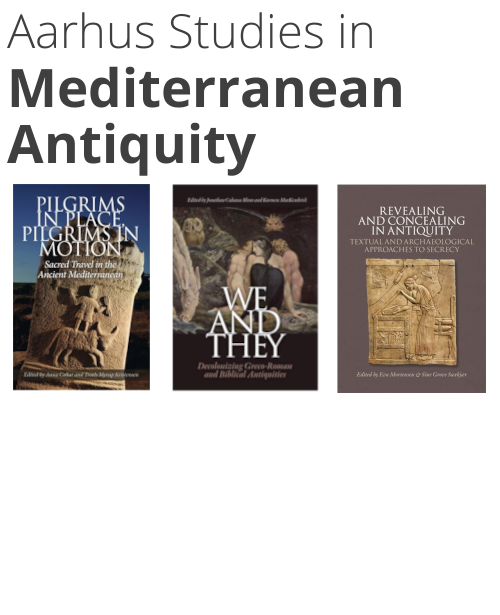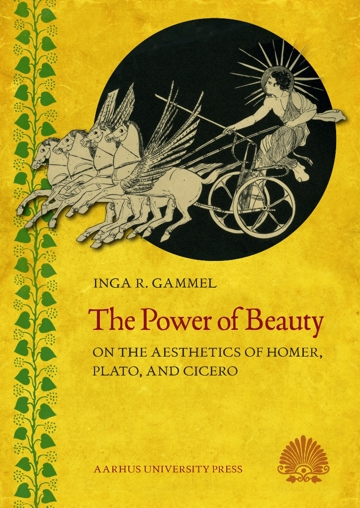
The Power of Beauty
On the Aesthetics of Homer, Plato, and Cicero
A part of the subject area Philosophy
More about the book
About the book
The history of man shows that beauty has always been a subject of universal interest, and through the ages up to the present day the power of beauty has continued to exert itself. Yet, notions of what constitutes "the beautiful" differ greatly, and the phenomenon as such remains a conundrum.
The fascination of beauty gave rise to a long-standing European philosophical tradition on the idea of beauty, the beginnings of which link back to ancient Greek mythology. Above all, beauty was associated with light and brilliance. In other words: beauty is shining, a phrase used even today. However, from the dawn of Modernity the discourse on beauty slowly began to dissapear from theory and philosophy. While classical tradition dealt with the beauty of cosmos and living beings down to the beauty of rhetoric, life style, and education, modern theory trivialized the significance of beauty and finally abondoned the topic.
The Power of Beauty is an attempt to put beauty on the agenda again by reviewing the very origin of this ancient idea. Refelctions on beauty and the ugly are present already in Homer's mythology, and later developed and refined in Plato's philosophy. Also Cicero's philosophical and rhetorical works are inspired by the Greek legacy.
Far from being outmoded, the ancient sources not only reveal the profound knowledge and counsel present in ancient thinking, but also its elegance, charm, and wit. In this way the ancient legacy constitutes a sound challenge to the arrogrance of modern thinking.
For purchases outside of Denmark:
If you are located in the USA or Canada, please contact our US distributor, Longleaf Services, at orders@longleafservices.org or +1 919-503-6590.
For purchases in all other countries, you can find the title through our global distributor, The Mare Nostrum Group, here: https://mngbookshop.co.uk
